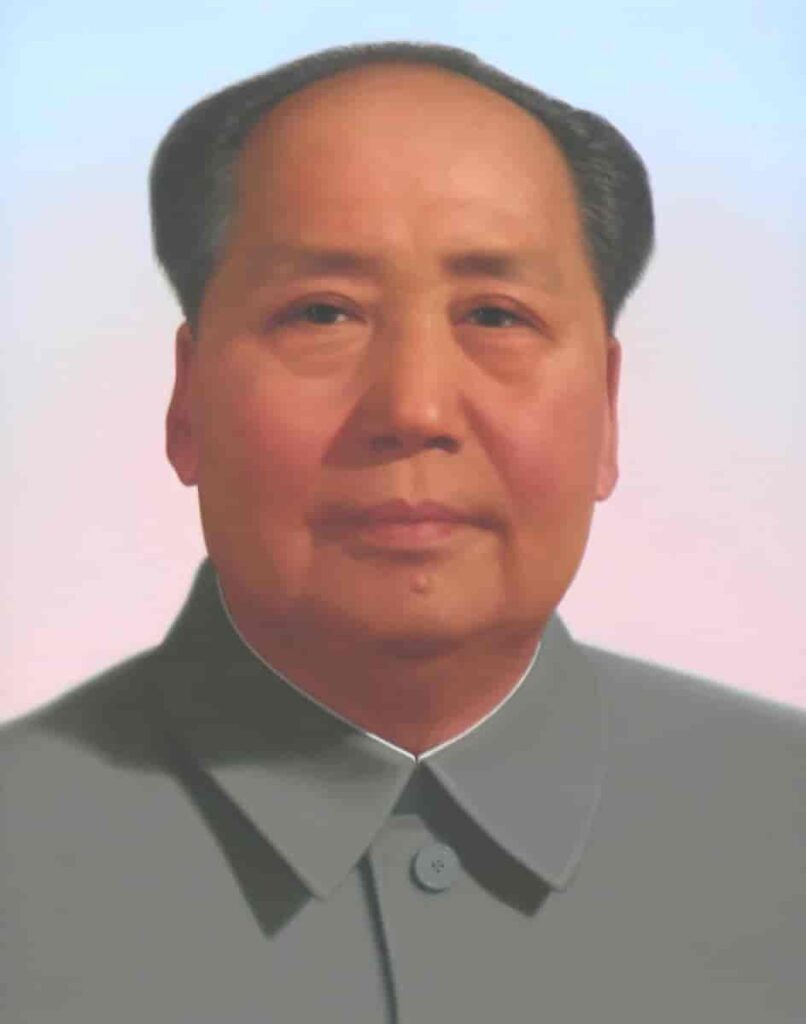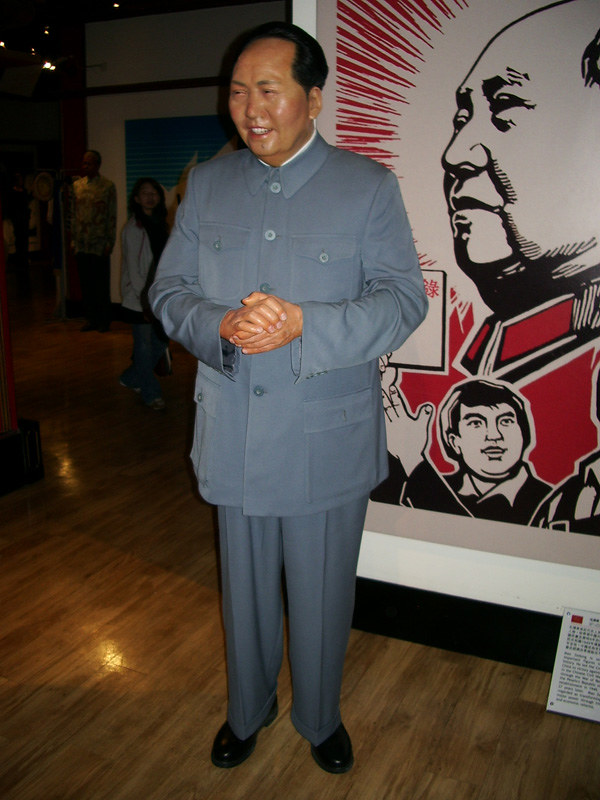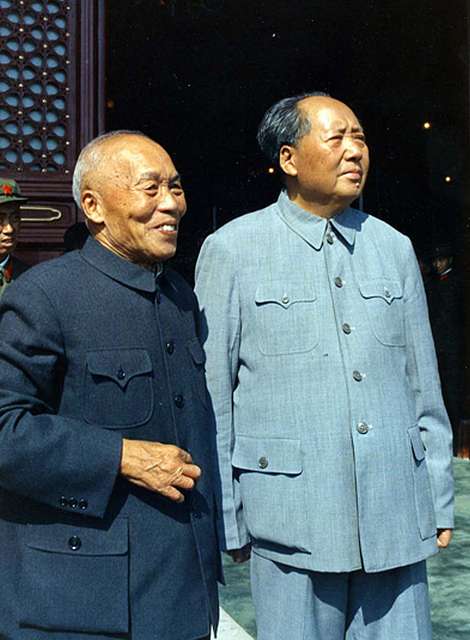Political power grows out of the barrel of a gun

The quote “Political power grows out of the barrel of a gun” is often attributed to Mao Zedong, the founding father of the People’s Republic of China. This provocative statement encapsulates Mao’s views on the relationship between military force and political authority. To thoroughly explore the implications and context of this quote, we need to delve into Mao’s political ideology, historical background, and the consequences of this perspective.

Historical Context:
Mao Zedong, a key figure in the Chinese Communist Party, led the Red Army to victory in the Chinese Civil War and established the People’s Republic of China in 1949. During this tumultuous period, China was grappling with internal strife, foreign invasion, and socio-economic challenges. Mao’s perspective on power and violence was shaped by the context of revolutionary struggle.
Maoist Political Ideology:
- Revolutionary Violence: Maoist ideology placed a strong emphasis on revolutionary violence as a means of achieving political goals. Mao believed that a revolution required armed struggle against the existing power structures. The quote reflects his belief that the ultimate source of political authority is the ability to wield force effectively.
- People’s War Doctrine: Mao developed the concept of “People’s War,” which involved mobilizing the masses in a protracted guerrilla warfare strategy. The idea was that a committed and ideologically united population could overcome a technologically superior adversary. In this context, the gun symbolizes the means through which the people can assert their political will.
Interpreting the Quote:
- Primacy of Military Power: Mao’s assertion implies that, in the dynamics of political struggle, military strength is a fundamental factor. The use of force, symbolized by the “barrel of a gun,” becomes a decisive tool for achieving and maintaining political dominance.
- Realism in Politics: The quote reflects a certain realism in Mao’s political philosophy. It suggests that, in the face of complex and often hostile political environments, the possession and application of military power are essential for survival and success.
- Critique of Idealism: Mao’s statement can be interpreted as a critique of idealistic notions that political power can be solely achieved through moral authority or diplomacy. He asserts that, in the harsh reality of political struggles, the tangible ability to enforce one’s will through force cannot be ignored.
Implications and Consequences:
- Authoritarianism and Repression: Mao’s emphasis on the role of the gun in politics has been criticized for justifying authoritarianism and the suppression of dissent. The Chinese Communist Party, under Mao’s leadership, implemented policies that led to widespread political purges and human rights abuses.
- Legacy of Violence: The quote encapsulates a period in Chinese history marked by intense violence and upheaval. The Cultural Revolution and other political movements under Mao’s rule were characterized by mass mobilization and political purges, often enforced through the barrel of a gun.
- International Relations: Mao’s perspective on the relationship between power and force also had implications for China’s foreign policy. It contributed to a perception of China as a militarily assertive nation, influencing its relationships with other countries.
- Legacy of Maoism: While Mao Zedong’s era ended with his death in 1976, the influence of his political thought, including the link between political power and armed force, continues to shape China’s governance and its approach to security matters.

Criticism and Alternative Views:
- Critique of Militarism: Critics argue that Mao’s emphasis on the gun reinforces a militaristic approach to governance, sidelining diplomatic and peaceful means of conflict resolution. It raises questions about the long-term sustainability and ethical implications of relying on military power.
- Evolution of Political Thought: In contrast to Mao’s perspective, many political theorists argue for a more nuanced understanding of power that incorporates soft power, diplomacy, and international cooperation as essential elements in contemporary politics.
Conclusion:
The quote “Political power grows out of the barrel of a gun” encapsulates Mao Zedong’s pragmatic and, at times, controversial views on the relationship between power and violence. It reflects the historical context of revolutionary struggle and the ideological underpinnings of Maoist governance. The consequences of this perspective, both in terms of domestic governance and international relations, have left a lasting impact on China’s political landscape. While Mao’s era is over, the legacy of his thoughts on power and force continues to shape discussions on the nature of political authority and the means through which it is established and maintained.

